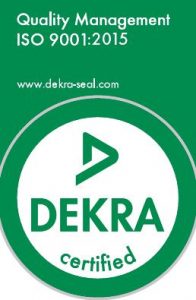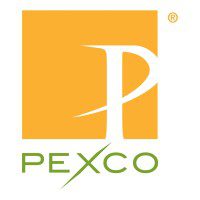Plastic Injection Molding vs 3D Printing (Part 2)
November 16, 2022 | Blog, Design Engineering Capabilities Blogs, Materials Blogs, Precision Injection Molding Capabilities BlogsHow to choose the best technology for your project.
Plastic injection molding and 3D printing are both viable technologies. 3D printing is an additive printing process that creates objects by building up layers of material, while injection molding uses a mold that is filled with molten materials that cool and harden to produce parts.
The use of 3D printing in innovative and experimental scenarios is a viable technology for its ability to create custom plastic part designs quickly. However, the 3D process limits your material choices, as all materials are not a fit or even available in a form suitable for 3D printing.
3D printing is best used for:
- Quick turnaround times
- Low volume, slower production speeds
- Parts in the design phase with frequent changes – prototyping, lower product quality
- Smaller part sizes
Once a design has been finalized, plastic injection molding becomes the optimal process. Most of today’s plastic parts are manufactured using plastic injection molding – it’s best for producing large quantities quickly and reliably in high-volume runs. You have greater material options with plastic injection molding, and you can control material weight, cost, and flexibility with endless combinations of materials. It helps organizations control the cost and integrity of designs with complexities and tight tolerances.
Plastic Injection molding is best used for:
- High volume
- Finalized part design
- Enhanced strength and durability
- Complex, precision, detailed parts
At Performance Plastics we have optimized many projects that were once manufactured using 3D printing, only to discover that injection molding was the more efficient technology. As experts in FEP, PFA, PAI (Torlon), PEEK, and Ultem resins we frequently work with mission-critical, time-sensitive applications. 3D printing is an essential component of the design process, but If you have a project that requires high volume (5,000+ parts per year), high-temperature resins, and tight tolerances with complex geometries, plastic injection molding is your solution.
Performance Plastics’ team of experienced engineers possesses the expertise to design and manufacture technically challenging projects and offer complex solutions within harsh application industries.
For more information on how Performance Plastics can assist in your material selection challenges, please contact Rich Reed, VP of Sales & Marketing at 513.321.8404 or [email protected].







